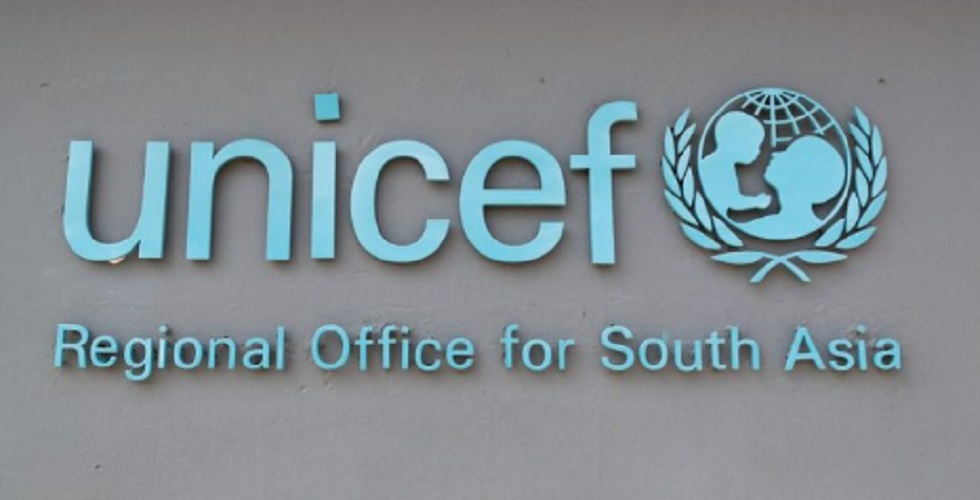What is an NGO?
We explain what an NGO is and the types of NGOs that exist. In addition, its various functions and examples of this type of organization.
-
What is an NGO?
NGO stands for Non Governmental Organization, that is, one organization private profit without express that is not involved at any level with the institutions of the State . That is, they are intermediate organizations between private companies and public institutions, usually formed and run by ordinary citizens with a similar mission and vision.
In general, NGOs obtain financing from various sources : governments (national or foreign), private companies, other NGOs, volunteers, etc., without ideally compromising their objectives and methods to control or control the interests of any group. of power, thus maintaining itself as independent entities in the concert of public and private forces. This does not mean, of course, that NGOs are above the legal or legal framework of the nation in which they operate.
NGOs can be groups of diverse nature, which also pursue different objectives , ranging from ecology , the fight against poverty, the denunciation of totalitarianism, sex education, female liberation, and a huge etcetera. It is estimated that in the United States nothing more, operate more than a million and a half of NGOs, and in third world countries such as India, this figure can increase to two million or more.
Despite their diversity, NGOs often have in common their autonomous character , unconcerned with financial gain, which allows them to pursue long-term objectives, and in many different fields of action.
-
Types of NGOs
NGOs can be classified based on two different criteria:
NGOs according to their level of orientation . According to its tasks, one can speak of:
- Charitable NGO . Dedicated to the development of charitable activities, especially for the poor or deprived sectors, with little participation from the beneficiaries.
- NGO service orientation . They focus their efforts on indiscriminate care in sectors such as health, education , family planning, among others. They usually involve donations, itinerant services, etc.
- NGO of participatory orientation . They offer self-help projects that involve the beneficiary population, who are given a specialized guide to drive their efforts towards success and participatory learning .
- Orientation or n to empowerment . They provide educational and psychological assistance to various disadvantaged or oppressed sectors of society to grant them the existential, emotional or psychological tools for overcoming or entrepreneurship.
NGOs according to their scope of operation . According to their capacity for action, we can talk about:
- Community-based NGOs . Usually as a result of the initiatives and demands of the population, they act in small areas and pursue the improvement of small sectors of society .
- NGO at the city level . They usually operate as chambers of commerce or industry or cultural exchange organizations, ethnic or religious fraternity, etc.
- National NGOs . Action organizations throughout the country, with an important presence within the nation’s institutions.
- International NGOs . NGOs with presence in various countries or even continental regions, with international coordination, large-scale meetings, etc.
-
Functions of an NGO

NGOs can have really different roles and missions, as they are born to fight for a specific and specific task.
However, broadly they are considered institutions aimed at social, solidarity or political-independent action , occupying an intermediate place between private interests and public policies.
This means that they can face more directly certain problems difficult (or inconvenient) to assume from the State, with a greater share of freedoms.
The latter, however, has played against him on several occasions, since his duties may go against those of certain States and, consequently, they have been accused of playing a role of intervention or sabotage in internal affairs. of countries, undermining international law in favor of imperialisms.
-
NGO examples

Some of the best known NGOs in the world are:
- WWF . The World Wide Fund for Nature seeks to preserve biodiversity and fight for endangered species.
- Doctors Without Borders . Focused on medical care in countries in humanitarian crisis or for populations displaced or threatened by war or humanitarian tragedy.
- Amnesty International . Committed to the fight for human rights in more than 150 countries in the world.
- Greenpeace . Ecological and denouncing and condemning NGOs for anti-ecological actions, such as indiscriminate logging or irresponsible industrial activity.
- CARE International . A relief organization for the displaced and refugees from the war , with a presence in 84 countries and more than 122 million people benefited.



